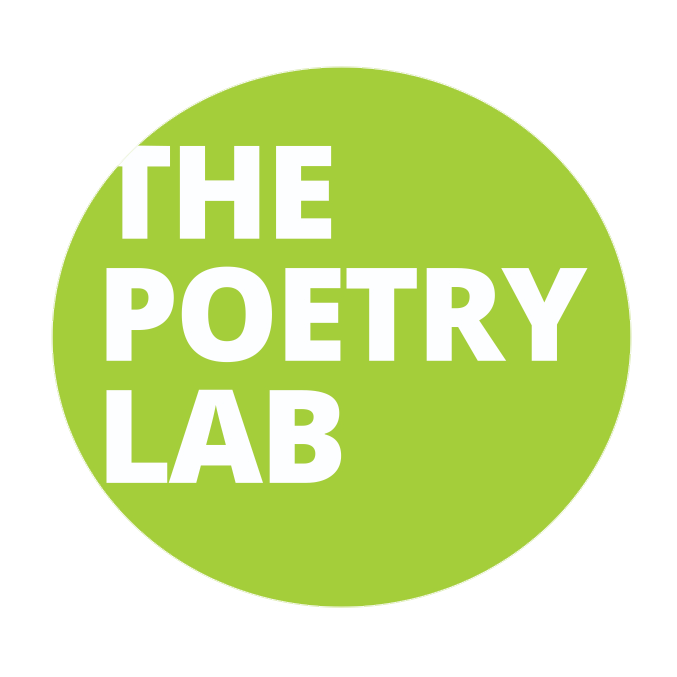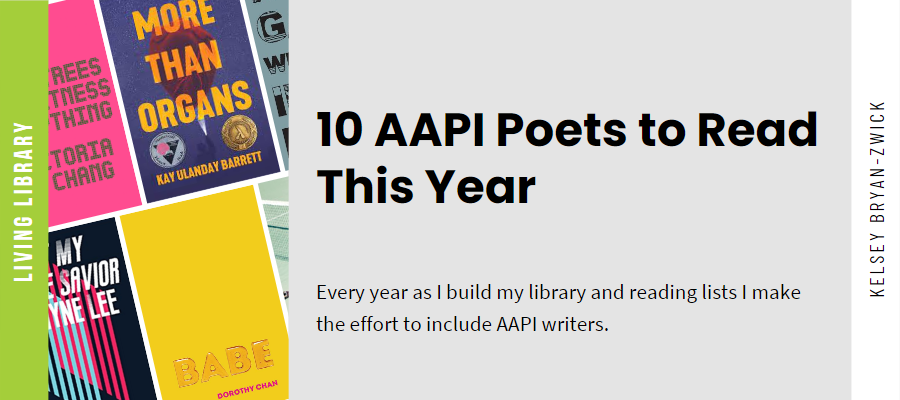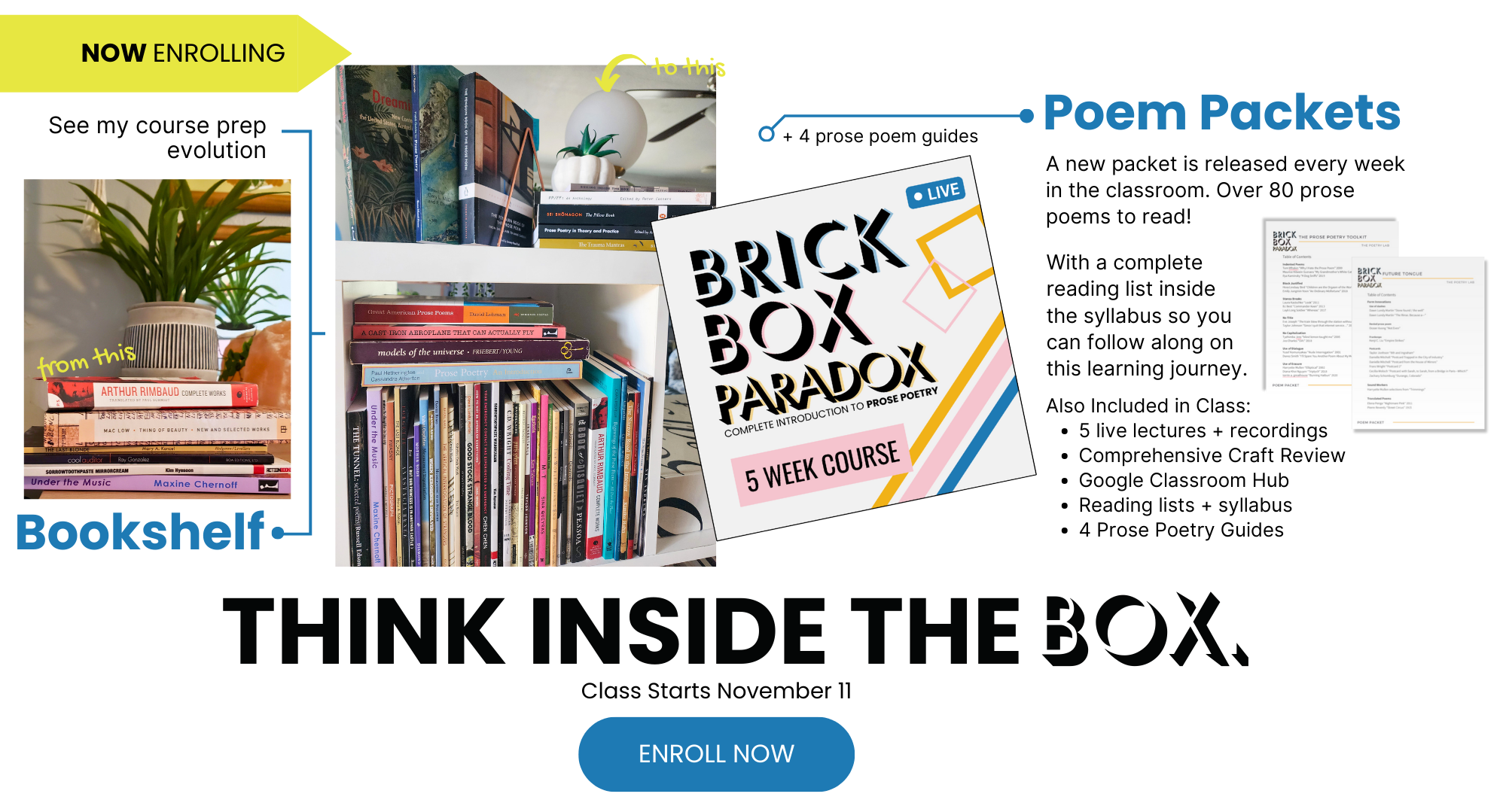10 Contemporary Love Poems
Shall I compare thee to a summer’s day?… No?
Okay, fair enough. We’ve all had cliche love poems and imagery flung at us from every corner since we got old enough to make a Valentine’s Day card out of construction paper.
As poets, we get to a place where we’ve heard the classics too many times, and Neruda and Cummings lose their power. There’s a time and place for classic love poetry (weddings, for example) but as a writing poet looking to explore daring work that tackles its subject matter in new and inventive ways, it’s not doing a lot for me.
And let’s face it: writing non-cliche love poetry is hard, even if you’re an expert at being in love. Contemporary love poems need to find a way to situate the reader in how it feels to be in love, one of the most common and overwritten human experiences, while still finding a way to be unique.
While there’s challenge in love poetry, there’s also opportunity. Love is personal, often quirky, silly, and a little bizarre—and the specifics of our romances are ever-evolving, just like humans are.
So without further ado, here are ten contemporary love poems that show us how to do it right.
1) “the quiet world”
By Jeffrey McDaniel
“Late at night, I call my long distance lover,
proudly say I only used fifty-nine today.
I saved the rest for you.”
In “The Quiet World”, Jeffrey McDaniel sets up a narrative wherein every person can only say “exactly one hundred / and sixty-seven words, per day.” This clever premise draws us in, the speaker saving his words for his paramour. Near the end of the piece, when they run out of words, the silence at the end is palpable—but their actions spoke louder. The quiet breaths they take are more romantic, in the end, than words, because of what they’ve come to represent.
➡️Read “The Quiet World”
2) “When I’m Away From You, I Feel Like The Second-Place Winner In A Bee-Wearing Contest”
By Aimee Nezhukumatathil
“... But even
fifty-seven pounds of beescan’t stop the music I hear
when I return to you”
Aimee Nezhukumatathil also presents a creative premise in “When I’m Away From You, I Feel Like The Second-Place Winner In A Bee-Wearing Contest”. The narrative succeeds in setting up the reader to reach the emotional truth and heart of the poem: the discomfort the speaker has when they’re away from their person. The idea of a bee-wearing contest creates tension and a natural sense of urgency, putting us in the speaker’s shoes as they yearn to be near their person once again. With the buzzing of the bees, Nezhukumatathil connects this feeling of urgency to the sense of sound, and the taste of sweetness—delving into the rich imagery the poem revolves around to make the emotional impact felt.
➡️Read “When I’m Away From You, I Feel Like The Second-Place Winner In A Bee-Wearing Contest”
3) “Mountain Dew Commercial Disguised as a Love Poem”
By Matthew Olzmann
“...there was a single twenty-ounce bottle of Mountain Dew,
which you paid for with your last damn dime
because you once overheard me say that I liked it.”
In “Mountain Dew Commercial Disguised as a Love Poem”, Matthew Olzmann presents a contemporary love poem in listform, opening with: “Here’s what I’ve got, the reasons why our marriage / might work”. The reasons the speaker provides give us details about the other partner in the marriage, from their reading habits to unique skills, like gutting a pig. These images pull us away from the usual love-poem cliches, providing an element of surprise and excitement.
This piece is a strong example of how a list poem can still contain forward movement and narrative. Ultimately, the love is shown to be reciprocated through the Mountain-Dew-thoughtfulness, showing the speaker’s experience of sacrifice for the one you love.
4) “Ode to Fat”
By Ellen Bass
“Tonight, as you undress, I watch your wondrous
flesh that’s swelled again, the way a river swells
when the ice relents.”
In Ellen Bass’ “Ode to Fat”, the language feels rich and luxurious. The speaker is unafraid to offer up long descriptions to the reader, with heavy use of adjectives (often discouraged in poetry nowadays, proving once again that rules are made to be broken) to describe their lover’s body—“boundless”, “marshy”, and “palatial”, to name a few. Bass also elevates the beauty of the language by echoing sounds through use of alliteration and slant rhyme. Varying sentence lengths give the poem momentum leading up to the end: “Bless butter. Bless brie. / Sanctify schmaltz.”
Bass is also evoking the style and reverence of a true ode, with praising “o’s” to the subject of admiration. However, in celebrating both fat and queer love, Bass turns the stereotype of an “ode” on its head.
➡️Read “Ode to Fat”
5) “Object Permanence”
By Nicole Sealey
“… Though we’re not so self-
important as to think everythinghas led to this, everything has led to this.”
“Object Permanence” by Nicole Sealey starts with a “we”: a scene of a couple waking in the morning. There’s a feeling of tender togetherness that extends from the morning wake-up to the couplet structure and the speaker’s use of “we” and “us” more than “you”, showing that their phrasing has become about the two of them united.
The poem evokes an ode, as well, praising the experience of love in an existential way. Sealey ends the piece with, “O, / how I’ll miss you when we’re dead”. While probably morbid to some, who among us that have been in love can say they’ve never thought some version of this? Sealey describes this feeling that many have but don’t often include in love poetry, giving the last line a true punch.
➡️Read “Object Permanence”
6) “Maybe I Need You”
By Andrea Gibson
“Every strand of my hair is a kite string and I have been blue in the face with your sky, crying a flood over Iowa, so your mother can wake to Venice.”
Andrea Gibson is a brilliant composer of love poems, and “Maybe I Need You” is one standout. The poem is spoken word, and Gibson integrates humor and heartwarming imagery, from a lover giving an icicle as a gift to falling in love while missing at the batting cages. I’ve always marveled at how Gibson manages to turn cliches on their heads. Gibson is expressive and earnest, and you can hear it in their voice as they perform. Their work is a heartbreak and a hug all wrapped into one.
📺 Watch “Maybe I Need You”
7) “Untitled for a Reason”
By Tara Betts
“your hands map
a body that requires
no discovery,
nor conquest.”
“Untitled for a Reason” by Tara Betts isn’t telling us everything—but that doesn’t make it less of an engaging love poem. The speaker describes the effect of their romantic subject in-depth. The subject guides the poem’s structure and pushes forward its narrative; every sentence starts with either “you” or “your”. The imagery evokes the feeling of dreaming, and the lack of capitalization makes it feel, to me at least, like a train of thought with no hard beginning or end, instead floating slightly in the periphery of the narrative. The smirk at the end is both grounding and playful—perfect for love.
➡️ Read “Untitled for a Reason”
8) “Ghazal for a First Lover”
By Mónica Gomery
“Grew me longer than the length of me, myself gone reaching,
reaping—how, silly me, I thought I’d ever used before my eyes.”
In “Ghazal for a First Lover”, Monica Gomery harmonizes the repeating sounds of a ghazal with a narrative of attraction between two lovers. The ghazal originated as an Arabic poetry form, often focusing on romance. The use of the form in Gomery’s piece speaks perfectly to the content: the couplets are suggestive of unity, and the complex rhyme scheme implies a tangled interconnectedness that easily evokes lovers. This effect is heightened by the imagery of body parts: “elbow, kneecap, / chin hair, waves of smell grafted to cupping hands, overflowing eyes”.
And even with the repetition of rhyme inherent in the ghazal form, the poem still has a strong last line with a little moment of tenderness that brings it full circle.
➡️ Read “Ghazal for a First Lover”
9) “The School of Night & Hyphens”
By Chen Chen
“You with your good-at-your-job
good-looking-ness, I bet even over the phoneit’s visible. I bet all the Canadian grandmas
want you, but hey, you’re with me.”
Chen Chen’s “The School of Night & Hyphens” describes the speaker’s significant other working from home, across the hall from them, providing tech support over the phone. Chen is able to show the audience what kind of person the “you” is through the descriptions of the people they’re helping, and their kindness in communicating. Over the course of the piece, more and more hyphens are used to condense information and add momentum (“You with your good-at-your-job / good-looking-ness”; “Cross / the hall, you sings-the-chorus-too-soon, you / makes-a-killer-veggie-taco”). By the end, it feels like the speaker is overcome with love, interrupting their subject, and concluding with an image of them together.
➡️ Read “The School of Night & Hyphens”
10) “Owed to Your Father’s Gold Chain”
By Joshua Bennett
“One might say that this,
in fact, is a working definition for lovein a time of general disenchantment.”
In Joshua Bennett’s “Owed to Your Father’s Gold Chain”, the narrative is grounded in a much more material reality; the speaker leads with a funny conversation with their partner about naming their child after a common cleaning agent. The poem incorporates the idea of parenthood while still remaining tender and loving—making it rare in the genre. The speaker is acknowledging the “general disenchantment”, but here they are loving anyway.
In the final stanza, the speaker says dawn comes “just to catch a glimpse of us here”, and for me this feels exactly like what the reader is getting to do; peek into this moment of loving partnership.
➡️ Read “Owed to Your Father’s Gold Chain”
…
Romance and poetry have a key similarity: with both, actions speak louder than words. A strong love poem finds fresh ways to show, not tell, the affection the speaker feels.
This article was posted on February 7, 2023. Written by:












